How photography changed art:
(will AI do the same to writing?)

How photography changed art:
(will AI do the same to writing?)

Photography was invented in the 1820s after decades of experimentation and gradual progress; by the 1840s it was already changing the world - and improving rapidly.
Just compare the first ever photograph, from 1826, with one taken only twelve years later.


What did people make of photography?
The French poet Charles Baudelaire recognised and welcomed the utility of photography, but was horrified by the prospect of what it might do to art and human creativity.
He wrote this in 1859:

And so there was a great dispute in the 19th century about the artistic value of photography.
Some thought it had none, while others saw it as an exciting development of art which should follow the principles of painting.
Societies were founded and exhibitions organised:

But the simple truth is that a new medium as exciting as photography could not be held back.
Pioneering individuals all around the world got hold of cameras and started using them. Some pursued the traditional forms of art, from landscapes to religion...


While some experimented with colour, multiple exposures, photomontage, underwater or night-time photography, and more.
And others set about documenting the world, travelling far and wide, like Sergey Prokudin-Gorsky in Russia and Felice Beato in Egypt, India, China, and Japan.


So what did photography do to artists?
Well, art history is skewed by an emphasis on the greats. We talk about Raphael or Caravaggio, but they represent a tiny proportion of the thousands of artists active over the centuries - most of whom have long since been forgotten.

We may think of artists as rebels, but in the past they had a clear role in society.
Any personal artistic passion was always in tension with their job, whether decorating churches and palaces, making portraits, illustrating books, or producing still lifes in workshops.


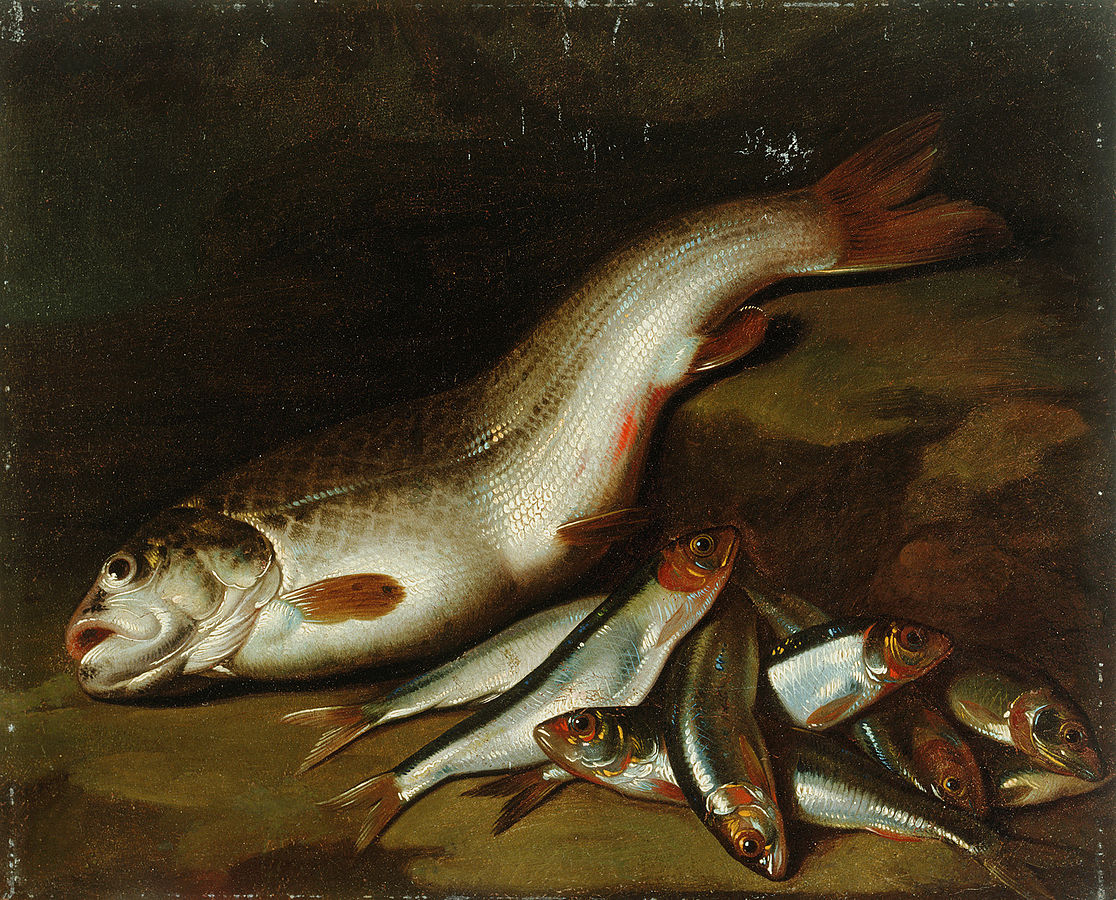
As for portraits, photography could do them cheaper, quicker, and more accurately than a painter. Even Napoleon III tried it out...
Painted portraits for the wealthy remained, but photography was a big blow for artists who survived on business from the middle classes.


There were many artists who made a living by creating highly detailed paintings of cities and selling them to tourists, like the "veduta" artists in Italy.
The best still flourished after the rise of photography, but many more middling painters went out of business.


Whereas painters once recorded battles or depicted scenes and events that might raise awareness or shape public opinion, by the end of the 19th century books and newspapers were filled with photographs.
Photojournalism replaced the artist in this way, too.


There are a few ways of looking at this. One is that society simply didn't need artists anymore.
The jobs they had performed for centuries could now be done by photography (and, increasingly, by anybody, if they had a camera).
A functional threat to the artist as an employee.
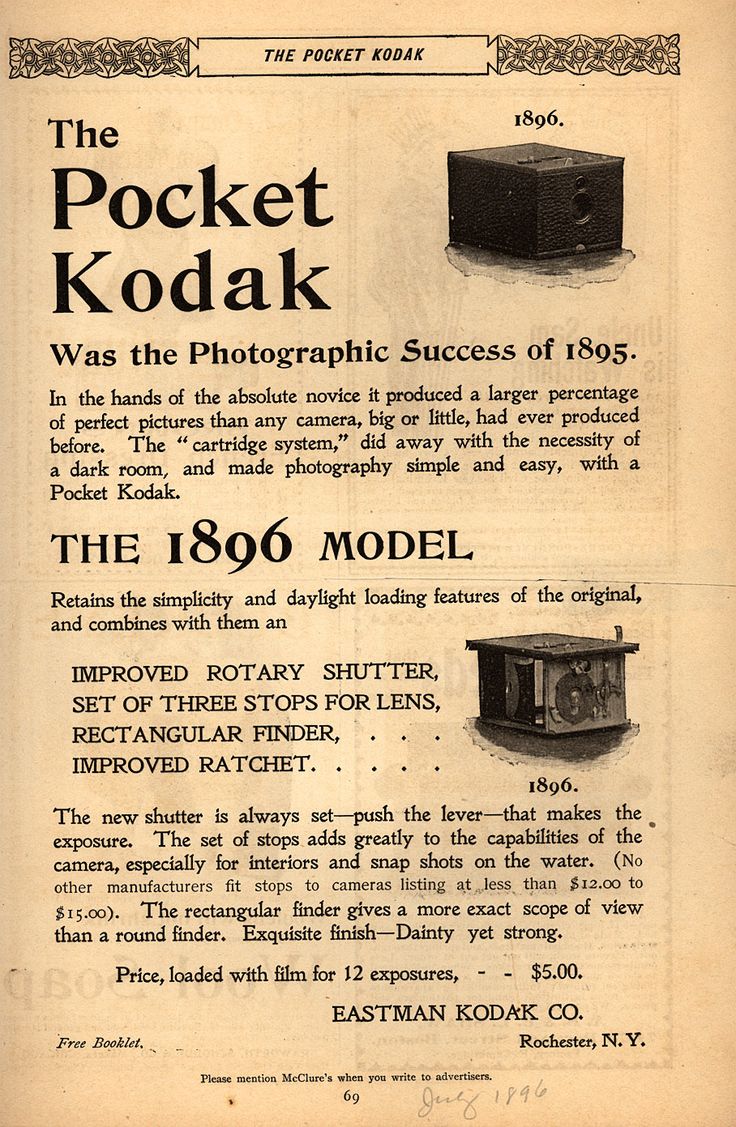
And, on a more existential level, confirming Baudelaire's worst nightmare, photography could even supplant the creative role art once played.
For photography clearly did have artistic value, not only utility. It was an entirely new medium...
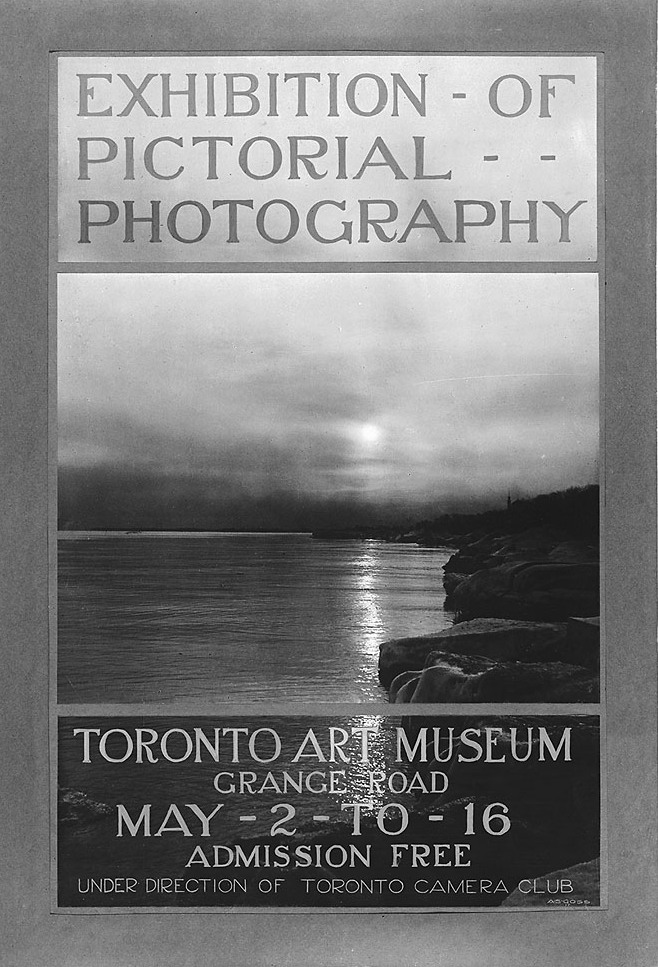
And one which soon evolved into something even more radical and powerful - cinema (along with newsreels and eventually television, of course...)
People had once flocked to exhibitions to see new paintings, but now they were flooding the movie palaces.

Many of the people who would have been painters in the past are now graphic designers or CGI artists working in cinema, advertising, video games, television, and so on.
Technology created a new medium - that's where the artists went.

Many of the skills involved are directly applicable.
Leonardo and the other Renaissance artists were obsessed by the mathematics of perspective, the science of light, human anatomy, the portrayal of emotion, the movement of fabrics...
The same is true of CGI artists.
Perhaps those who stuck to the old medium - painting - essentially became rebels.
The work of Jackson Pollock, viewed not only in the context of the 1950s but of the 19th and 20th centuries together, could easily be seen as a reaction against society's rejection of artists.

But another view, not mutually exclusive, is that photography actually liberated artists.
They were, finally, free to pursue their own passions and personal creative journeys, because the expectation once placed on them by their functional importance to society was gone.

Of course, plenty of artists were inspired by photography. Cubism was an embrace of the Age of Technology and a direct reflection of how our view of the world was (literally) changing.
Take Marcel Duchamp, who was inspired by the photographs of Étienne-Jules Marey.
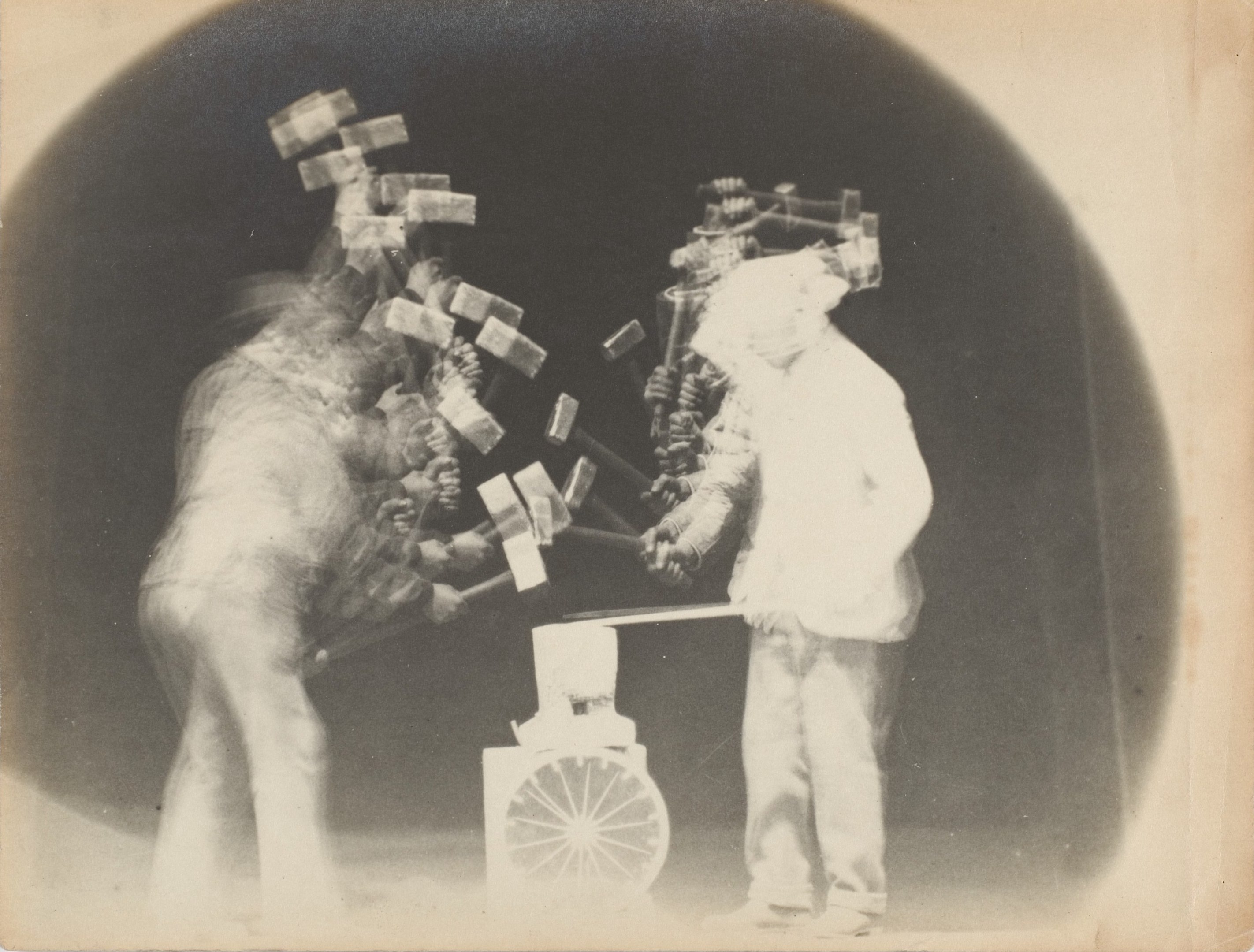

One of the most fundamental ways photography changed art was by turning what previously been an incredibly limited commodity into an infinite supply.
Inaccurate sketches of famous works of art were replaced by accurate photographs of them.

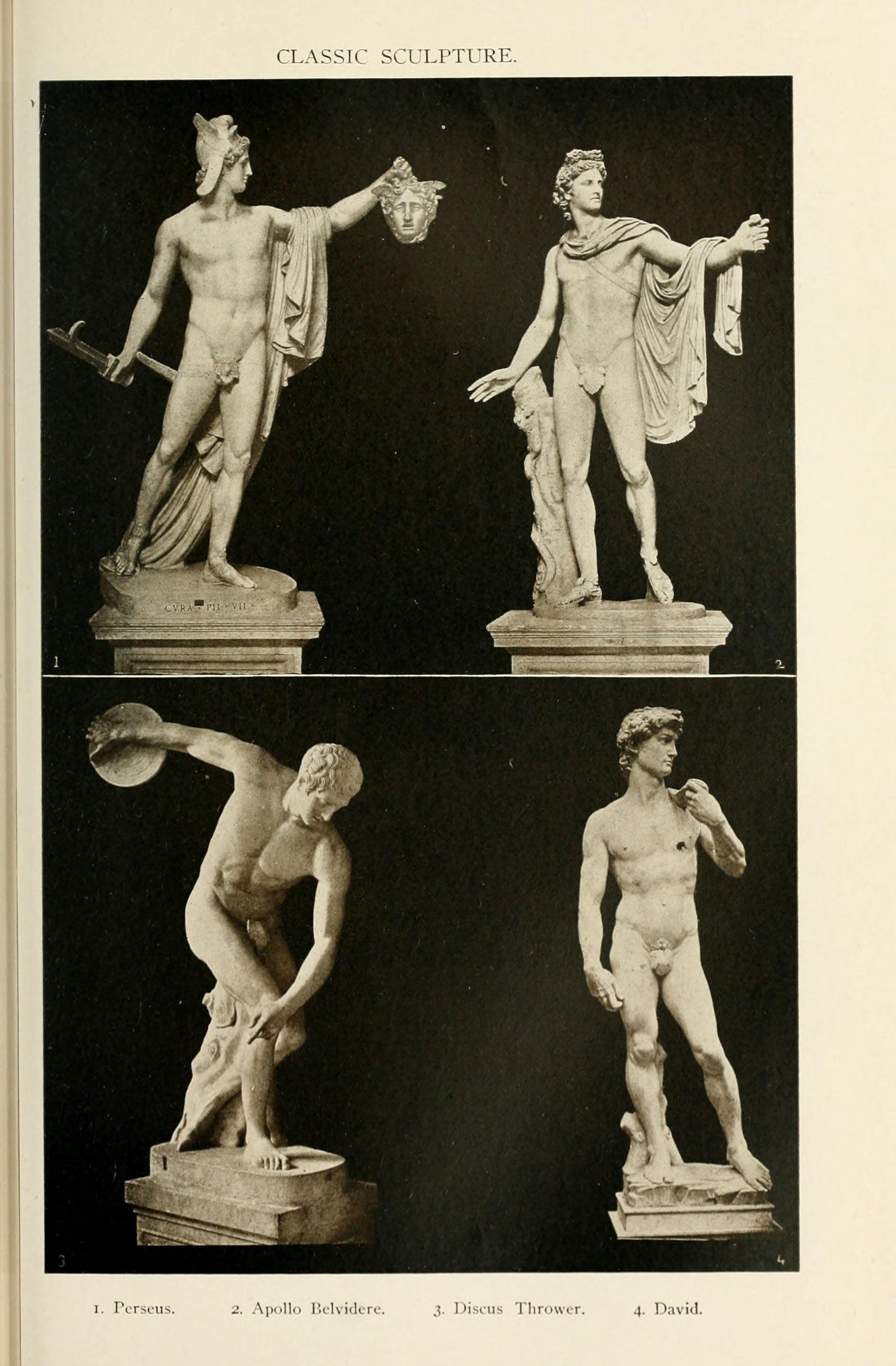
Once upon a time there were only nineteen paintings by Leonardo, each of which existed in one place at one time. Suddenly, thanks to photography, there were millions.
Everybody could have a masterpiece, even on a postcard. What painters had once been, they were no longer.

The rise of Cubism, Surrealism, Abstract Art and other modernist movements was a result of many things, from the Industrial Revolution to the First World War.
Photography wasn't the only cause, but its consequences were, clearly, revolutionary.

The relationship between AI and writing isn't identical to the one between photography and art, but there are similarities.
Will writers no longer be needed? Will the usefulness of AI triumph and writers be rejected? What new medium will those would have been writers go to?
Or will writers be liberated?
Just like the painters who were simply doing their job, will writers be released from the chains of typing out boiler-plate content and freed to focus on more valuable, personally meaningful, experimental endeavours?
Only time will tell...
